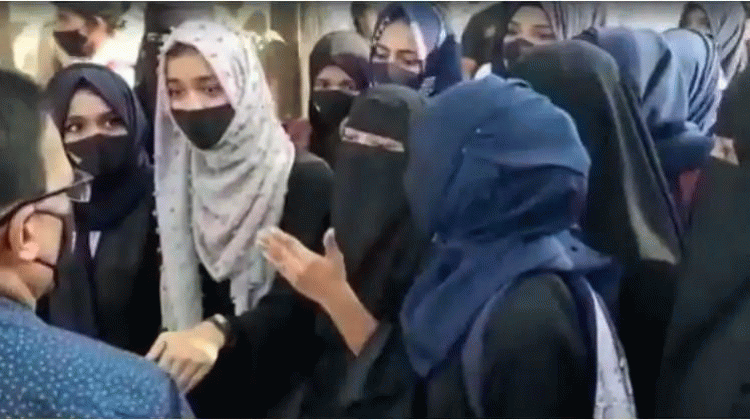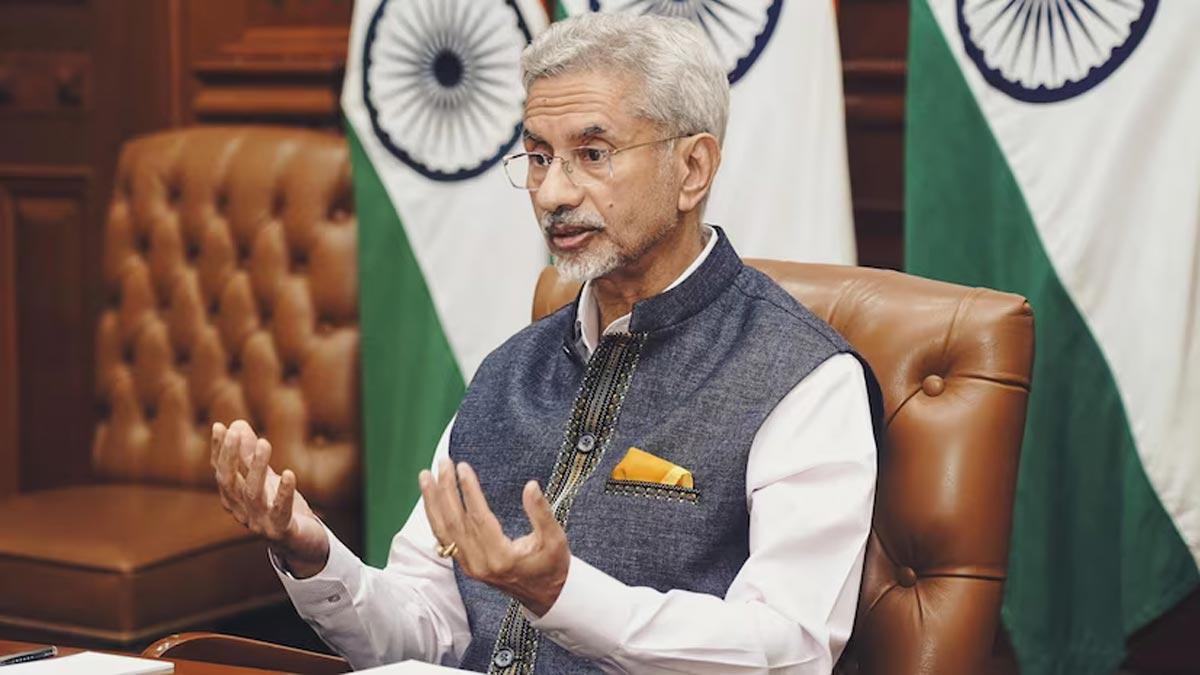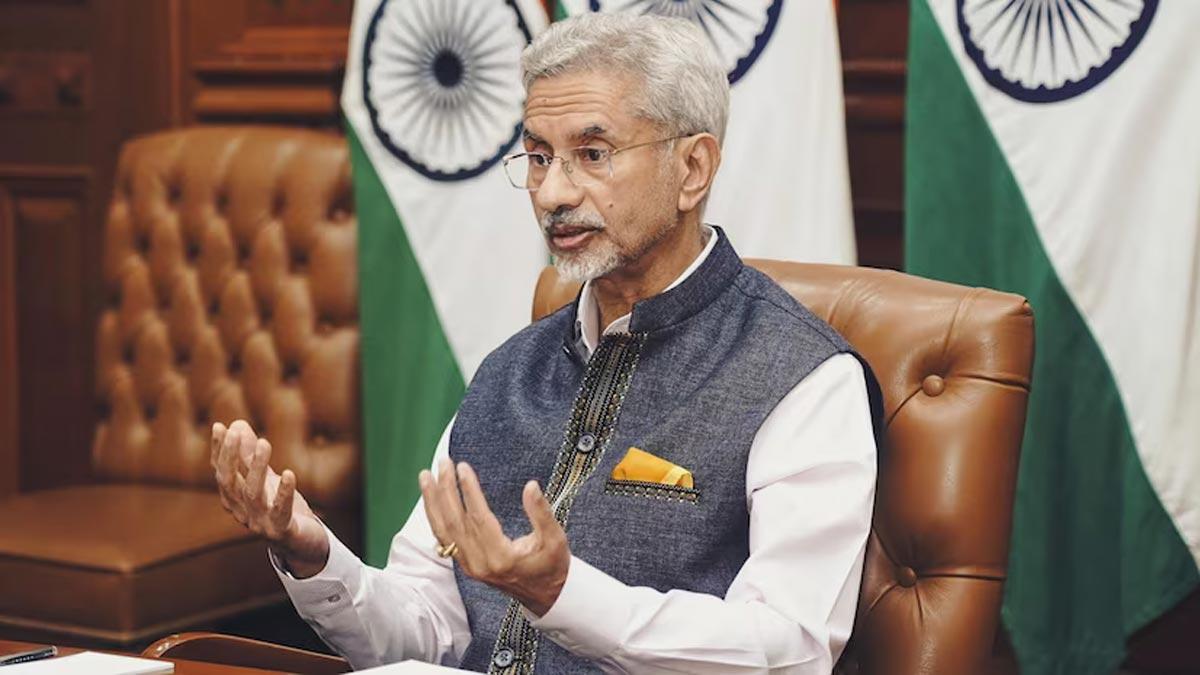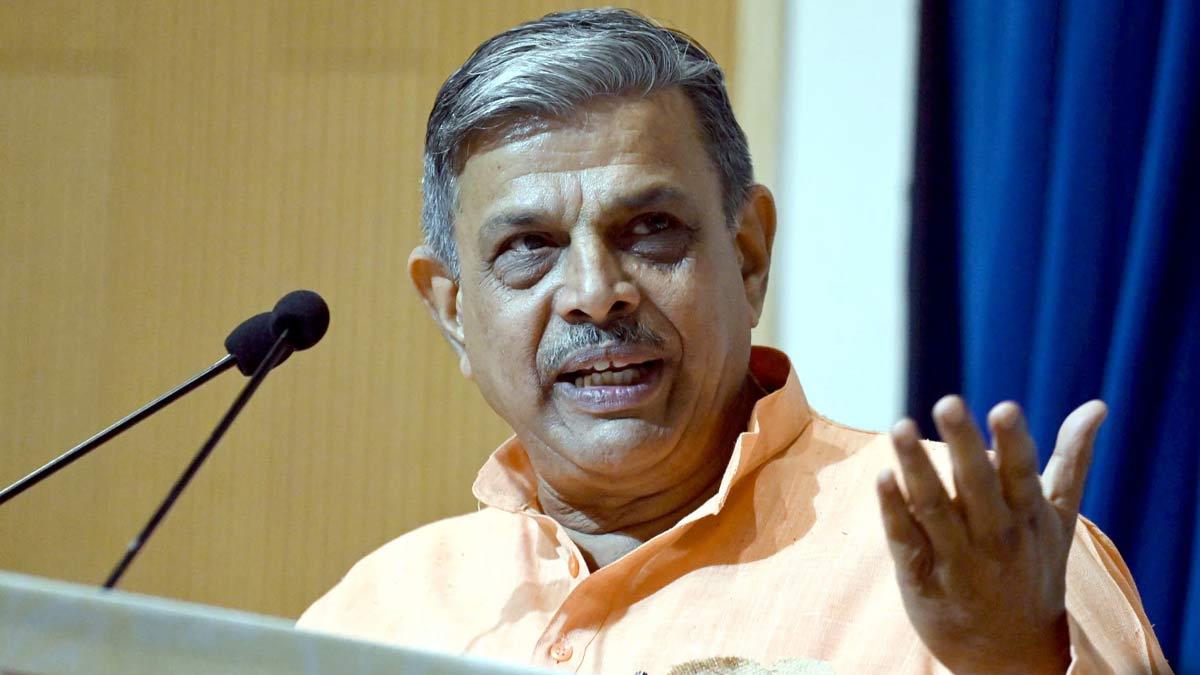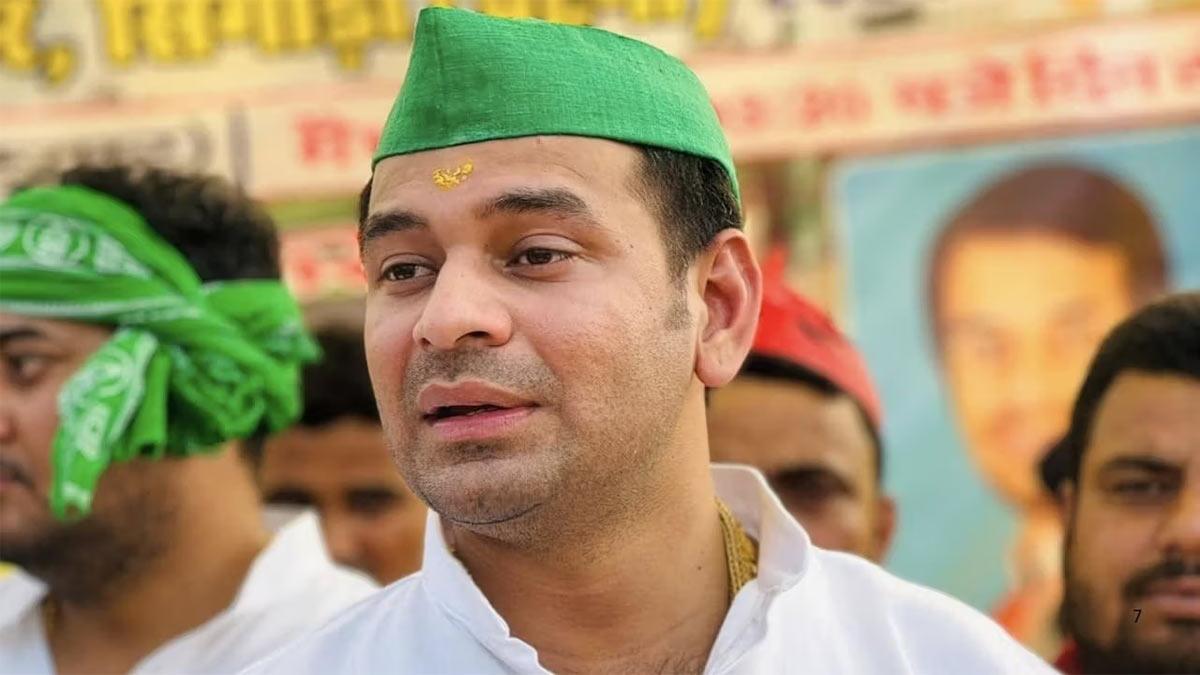Karnataka is witnessing a huge uproar over the insistence of some Muslim girls to wear hijab in schools and colleges. The controversy erupted after a college in Udupi refused permission to Muslim girls for wearing hijab in classrooms citing the dress code that was in effect for students. It snowballed into a political slugfest with ruling BJP and principal Opposition party Congress taking diagonally opposite stand on the issue. Since the schools and colleges were fast becoming the battleground for those who are supporting or opposing the demand of some Muslim girls to wear hijab in government-funded educational institutions, the Karnataka government has now ordered that all the schools and colleges across the state be shut for three days, i.e., from 9th till 11th February. The matter has also reached the Karnataka High Court which is now looking into the merits of the demand made by the Muslim girls. Here’s all you need to know about the hijab row:
Karnataka Hijab Row: All You Need to Know
1. On December 31, it came to the administration’s notice that some Muslim girls were demanding their right to wear hijab as per their religious customs. Girls from Muslim community were informed at the time of admission about the college’s uniform rules and they had not objected to it, the administration says as per a Times of India (TOI) report. The administration held a meeting the next day and decided to refuse permission to wear hijabs on college campuses. Students claimed that the rules mentioned only uniforms and identity cards.
2. Eight Muslim students from the same college on 13th January decided that they will attend classes only if they are allowed to wear hijabs. College administration tried to find a solution. They partially agreed to their demand by allowing them to wear hijab in the classrooms but it must be removed once the teacher enters the classes, the TOI report further says. However, the Muslim girls refused to accept it.
Also read| Hijab row: Tense situation continues in K'taka, 15 held for violence
3. The Karnataka government stepped into the issue and formed a panel to decide the dress-code for colleges and schools across the state on 25th January. Meanwhile, Islamic students’ body, Campus Front of India, also joined the protest.
4. On 31st January, five Muslim girls approached the Karnataka High Court demanding a overturn of the college administration’s decision. They called wearing the headscarf as a fundamental right. Next day, the Muslim students wearing hijab were not allowed to enter the classrooms. The controversy ballooned and spilt over into other college campuses. Muslim girls and Hindu students were seen wearing hijab and saffron shawls respectively. There were reports of students protesting the wearing of hijab in Sir MV Government College in Bhadravathi, Shivamogga. In Kundapur Junior college, around 28 Muslim women were not allowed to enter the classrooms, as per the same report. Yesterday, i.e., 8th February, Hindu students entered the campus of Mahatma Gandhi Memorial College in Udupi wearing saffron scarfs.
Also read| ISRO to start 2022 space romance with RISAT launch on Valentine's Day
5. On 5th February, the Karnataka government issued an order to wear clothes on campus which maintains integrity and public order in educational institutes. “Invoking 133 (2) of the Karnataka Education Act-1983, which says a uniform style of clothes has to be worn compulsorily. The private school administration can choose a uniform of their choice,” the government order said… In the event of administrative committee not selecting a uniform, clothes which disturb equality, integrity and public law and order should not be worn,” the order read. The order also cited certain previous high court and supreme court judgements to back its stance. The matter is currently sub-judice in the high court.
6. Demonstrations by both the parties turned violent as video reports of stone-pelting on 8th February surfaced. Karnataka chief minister Basavaraj Bommai has appealed to the students to maintain peace. “All the concerned people (in the Udupi hijab row) should keep the peace & let children study. The matter will be presented in High Court today, let’s wait for it,” he told the reporters yesterday.

